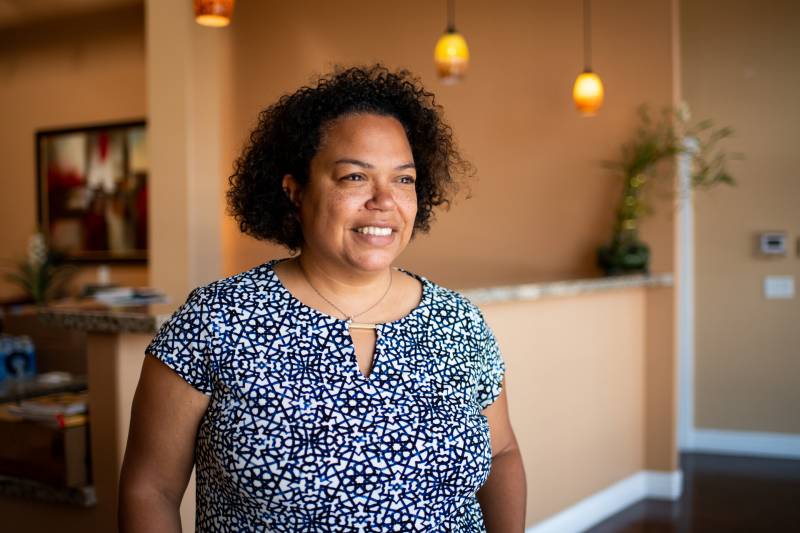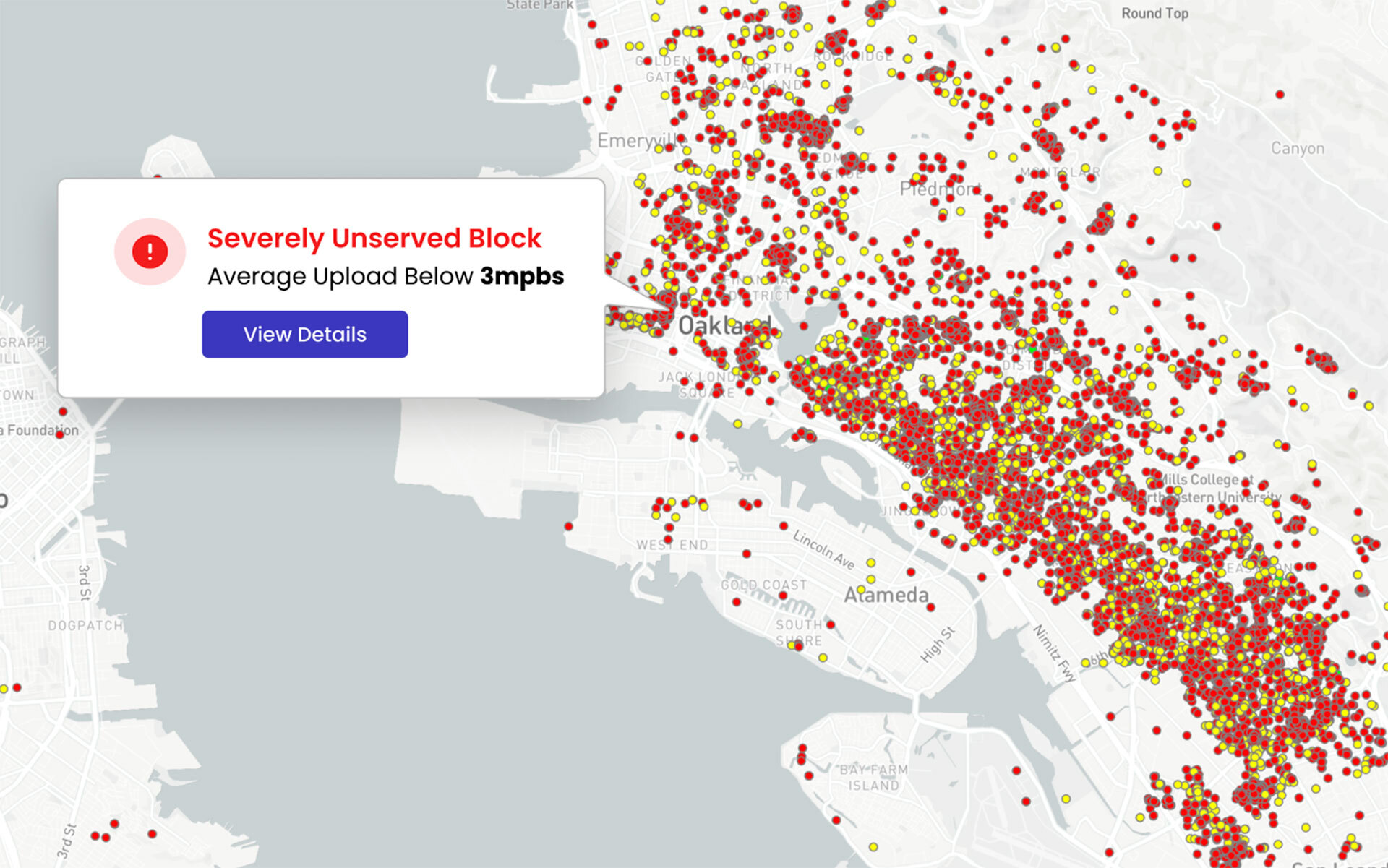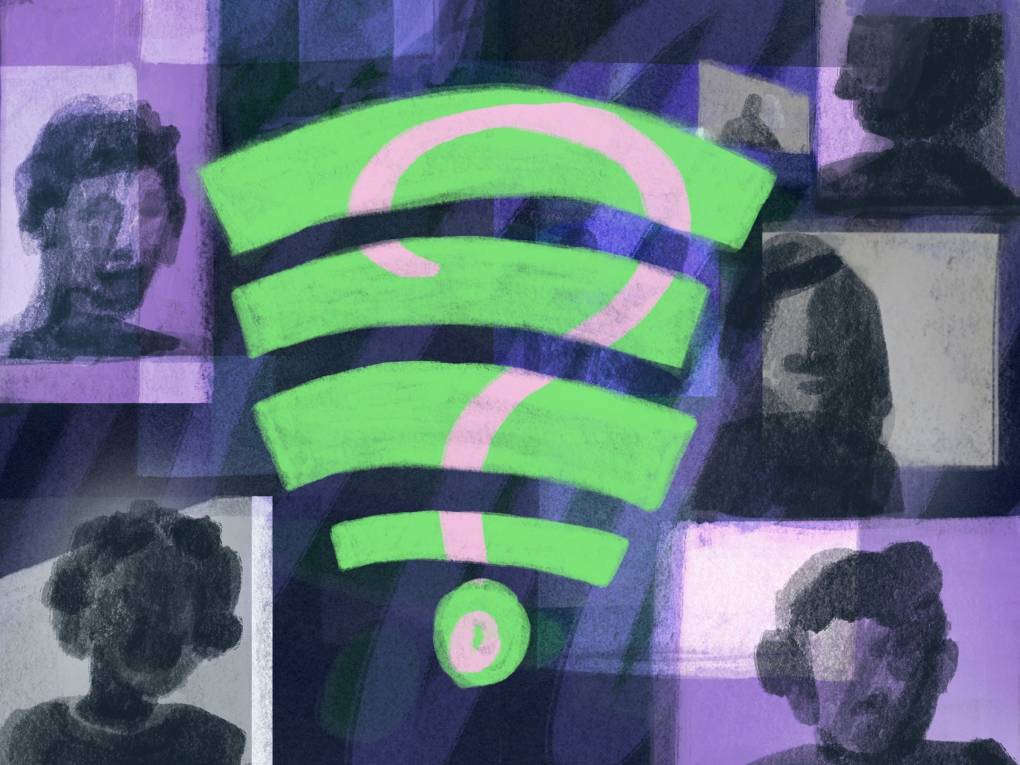“Over 75% of the Internet connections we tested never reach the speed threshold to be considered served,” said Oakland Undivided director Patrick Messac. “The facts of the digital divide in California are stark. Race and income are the best predictors of whether you have access to the Internet in your neighborhood, how reliable it is and what you pay for it.”
The big picture:
“In many cases, I would say that discrimination is often not per se the intent. Maximizing profit and delivering value to shareholders is the intent,” Tracy Rosenberg of Media Alliance wrote. The advocacy group is a party to the 8th Circuit proceeding where the FCC’s rules, which AB 2239 aims to align with at the state level, are being challenged.
“Because of history, market conditions and existing societal divides, the intent of maximizing shareholder value leads inexorably to actions that exacerbate digital inequity,” Rosenberg added.
The opposing view:
Contacted for comment, a spokeswoman for Charter Communications’ company, Spectrum, responded that it is still reviewing the legislation but that “Spectrum Internet plans, download speeds and regular prices are not only exactly the same in every ZIP code we serve in California but also across our entire 41-state service area.”


